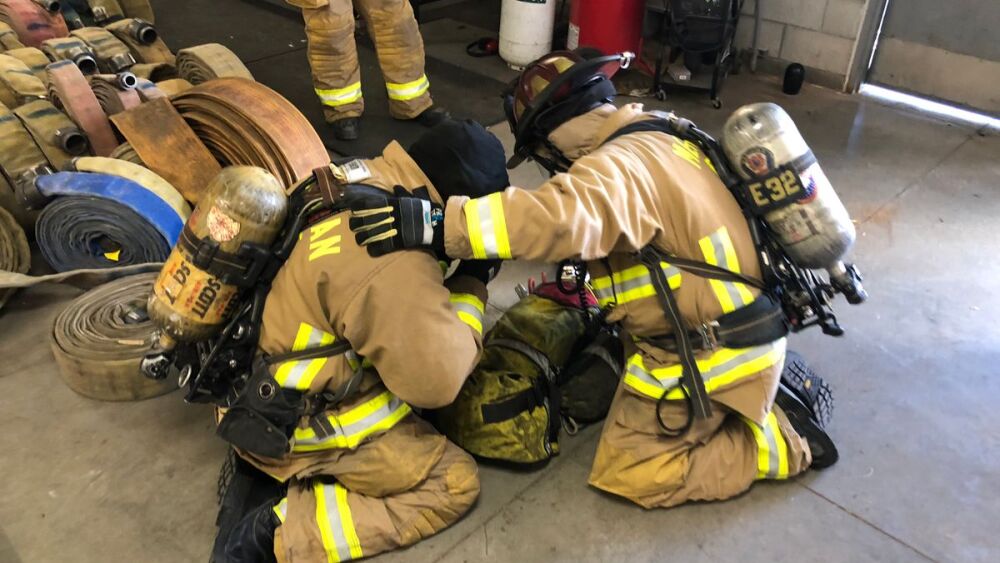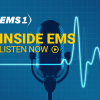This episode of Inside EMS is sponsored by Eko. Learn how CORE stethoscope technology helps EMS providers make confident split-second decisions by clicking here.
In this episode of Inside EMS, co-hosts Chris Cebollero and Kelly Grayson discuss the death of firefighter trainee Peyton Morse, and Greg Fries’s recent analysis, “Respond to ‘I can’t breathe’ like it’s a mayday – because it is.”
Peyton Morse, 21, was a firefighter recruit in training at the New York State Academy of Fire Science. His calls for help, “Help me. I can’t breathe,” during an SCBA evolution, reportedly went unheeded until he was unresponsive. His death is now the subject of an investigation.
Kelly notes that like Greg, he was also instructed in paramedic school that if a patient says, “I can’t breathe,” they are in fact breathing.
We have to change this dangerous paradigm, our cohosts insist.
“What we should be teaching people is when people say, ‘I can’t breathe,’ the only thing that implies is that they can phonate and there is nothing obstructing their vocal cords,” Kelly noted.
“What ‘I can’t breathe’ really means, is I can’t breathe, Chris added. “When people say ‘I can’t breathe,’ or ‘I’m going to die,’ you’ve got to believe them.”
Listen for more on a new blueprint for how EMS providers should approach their job.
Read more
Respond to ‘I can’t breathe’ like it’s a mayday – because it is
The death of firefighter trainee Peyton Morse is a tragic reminder that we need to change our culture, mindset and response to complaints of respiratory distress














